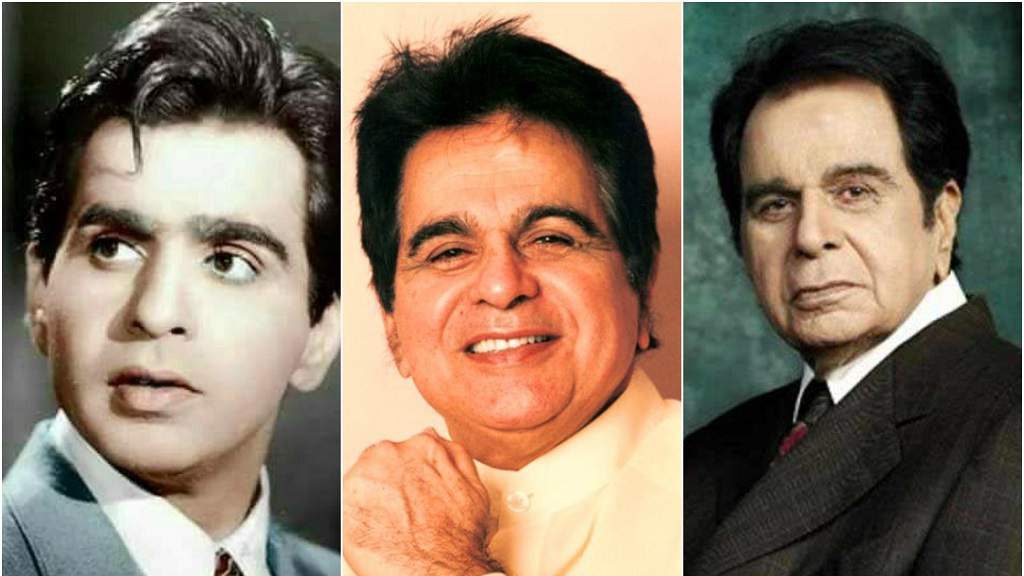
Introduction:
Dilip Kumar, often hailed as the “Tragedy King” of Indian cinema, transcended boundaries and left an indelible mark on the film industry. This comprehensive article delves into the life and career of this iconic actor, tracing his journey from humble beginnings to becoming a global cinematic phenomenon.
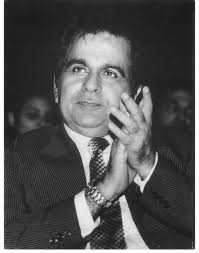
Early Life and Entry into Bollywood:
Born as Muhammad Yusuf Khan on December 11, 1922, in Peshawar (now in Pakistan), Dilip Kumar’s journey began in the bylanes of Qissa Khwani Bazaar. His family relocated to Bombay (now Mumbai), where destiny beckoned him into the world of films. In 1944, Devika Rani, the founder of Bombay Talkies, discovered him and recommended a name change to Dilip Kumar. His debut film, “Jwar Bhata” (1944), marked the inception of a legendary career.
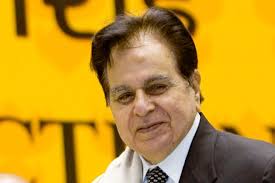
Picture: Social Media
Rise to Stardom:
The mid-1940s witnessed the emergence of Dilip Kumar as a force to be reckoned with. Films like “Andaz” (1949) and “Deedar” (1951) showcased his versatility and established him as a leading actor. The real turning point came with “Jugnu” (1947), where he shared the screen with the enchanting Noor Jehan. His next major hits were the 1948 films Shaheed and Mela. His ability to portray intense emotions and the depth of his performances in tragic roles garnered him the title of the “Tragedy King.”
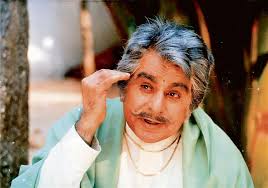
Pinnacle of Success:
The 1950s and 1960s were the golden years for Dilip Kumar. Iconic films such as “Aan” (1952), “Daag” (1952), “Devdas” (1955), “Insaniyat” (1955), “Naya Daur” (1957), the noir mystery “Madhumati” (1958), “Paigham” (1959), “Kohinoor” (1960) and costume drama “Mughal-e-Azam” (1960) showcased his acting prowess and made him a household name. His on-screen chemistry with leading ladies like Madhubala, Vyjayanthimala, and Waheeda Rehman added to his allure. “Ganga Jamuna” (1961) marked his foray into film production, and the film’s success further solidified his standing in the industry.
The 1970s saw Kumar’s career take a downturn, marked by three consecutive commercial failures, namely Dastaan (1972), Sagina (1974) and Bairaag (1976).
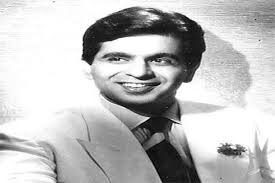
Challenges and Comeback:
The 1970s saw a shift in the industry, and Dilip Kumar faced challenges with changing tastes in cinema. However, he adapted to the times with films like “Shakti” (1982), “Vidhata” (1982) “Karma” (1986) and “Saudagar” (1991), proving his enduring relevance. His nuanced performance in these films showcased his ability to evolve with the industry while maintaining his distinctive style.
In 1984, he worked in Yash Chopra’s social crime drama Mashaal along with Anil Kapoor, film failed at the box office, but his performance was critically acclaimed. He also acted opposite Rishi Kapoor in Duniya (1984) and Jeetendra in Dharm Adhikari (1986).
In 1991, producer Sudhakar Bokade who worked with Dilip kumar in “Izzatdar” announced a film a film with Kumar titled Kalinga, which was Dilip’s directorial debut as a director. He was previously ghost directed films like “Ganga Jamuna” (1961) and “Dil Diya Dard Liya” (1967). Dilip Kumar was presenting lead role in this film along with Raj Babbar, Raj Kiran, Amitoj Mann and Meenakshi Seshadri. Kalinga could not complete due to unknown reason in 1996 with 70% filming completed.
In 1998, Dilip Kumar appeared in his last film Qila which was failure at box office. In this film he played dual roles as an evil landowner who was murdered and his twin brother solves his murder mystery.
In 2001, Dilip Kumar was all set to appear in a film titled “Asar- The Impact” alongside Ajay Devgan and Priyanka Chopra, which was under production but shelved because of Dilip Kumar health issues. He also a signed a film with Subhash Ghai alongside Amitabh Bachchan and Shah Rukh Khan but this film could not complete because Shah Rukh Khan chooses to out of this project.
Dilip Kumar died at Hinduja Hospital, Mumbai, on 7 July 2021 at 7:30 am, aged 98, after a prolonged illness.

Legacy and Honors:
Dilip Kumar’s impact extends beyond the silver screen. His contribution to Indian cinema earned him numerous accolades, including several Filmfare Awards and the prestigious Dadasaheb Phalke Award. In 1994, he was honoured with the Padma Vibhushan, India’s second-highest civilian award, for his exceptional contribution to the arts. He was member of Rajya Sabha from 2000 to 2006.

Conclusion:
Dilip Kumar’s journey remains a testament to the timeless allure of his performances and the indomitable spirit that defined his life. As a cinematic legend, he continues to inspire generations, leaving an enduring legacy that cements his place in the pantheon of Indian film history.